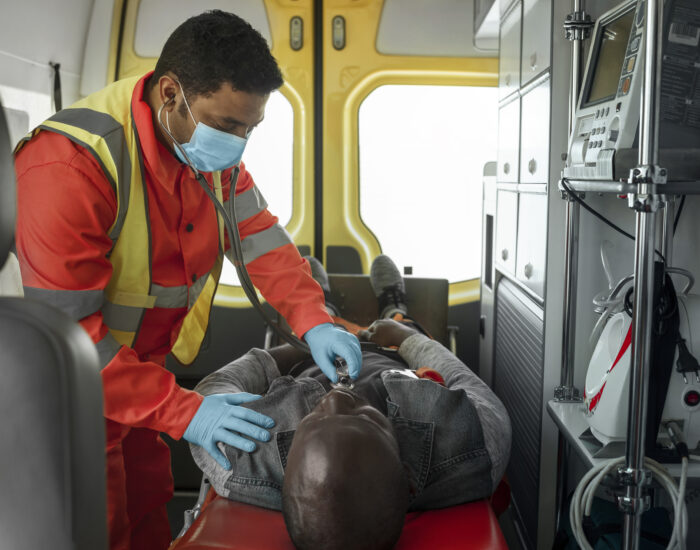The Role of First Aid and CPR Certification Course in India’s Healthcare System
In a country as vast and diverse as India, access to immediate medical care is not always available. Road accidents, cardiac arrests, workplace injuries, and household emergencies are common occurrences, and often the difference between life and death lies in how quickly and effectively first aid is administered. This is where a first aid and CPR certification course plays a crucial role in strengthening India’s healthcare system.
Why First Aid Training is Essential in India
India experiences a significant gap in medical emergencies, especially in small towns and in overcrowded urban areas. In most cases, Ambulance response times can be delayed, and people are untrained to offer help. A comprehensive first aid certification course can give individuals the knowledge and ability to step in during medical emergencies until professionals can arrive on the scene.
Bridging the Gap Between Emergency and Professional Help
A high-quality first aid and CPR certification training serves as a bridge when an emergency happens and when doctors arrive. In this situation, people who are trained in first aid can manage bleeding, perform CPR, handle choking incidents, treat burns, and even deal with fractures. Giving first aid quickly can prevent conditions from worsening and minimize long-term health complications. In many scenarios, if someone has a cardiac arrest, giving CPR in the first few minutes can double or even triple their chances of surviving.
Empowering Communities and Workplaces
Now, many Indian organizations, schools, and residential communities realize their responsibility to have people recognized in first aid and CPR certification. CPR certification training not only empowers people but also creates a safe environment in workplaces, schools, and homes. In manufacturing, construction, healthcare, and hospitality, this training is becoming standard practice related to safety.
Ultimately, awareness and certification help people become responsible and confident in handling medical emergencies without fear or hesitation. After completing the course, they not only earn a useful certificate but also feel confident and are more willing to take care of their health and help others in their community.
Supporting Government and Health Initiatives
The Indian government is now focusing on strengthening healthcare and emergency services by integrating First Aid courses into educational curricula, corporate policies, and community initiatives, complementing government efforts and helping build a more resilient healthcare infrastructure from the ground up.
First aid training also aligns with the National Health Policies which focuses on keeping people healthy and preventing illness. When more people are trained to deal with emergencies, it reduces the load on ambulances and hospitals.
Conclusion
In India, first aid training programs have become more relevant than ever because of growing health awareness, a desire for a quicker emergency response, and the need for first aid in life-threatening situations. These programs are not only necessary, but they are indispensable. When investing in first aid education, we are saving lives. We are also promoting healthier, responsible, and prepared people. And so, the time has come to recognize first aid as an essential life skill that every Indian should possess.


